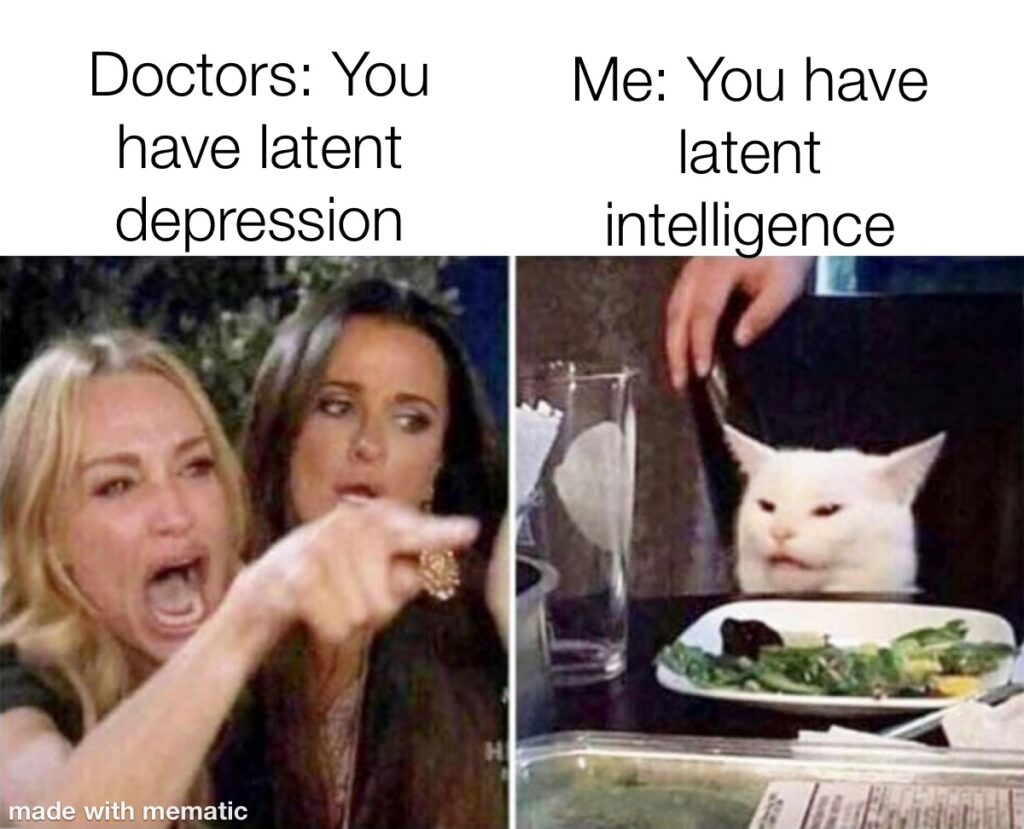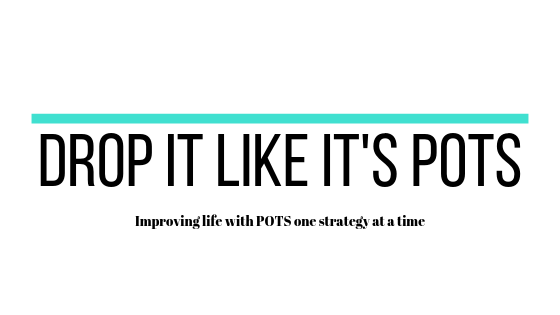A fairly common treatment used for POTS and ME/CFS is SSRIs (selective serotonin reuptake inhibitor). It isn’t well understood how they can help in these illnesses, but they have anecdotally helped some patients.
What is an SSRI?
SSRIs are antidepressants. They are commonly used for depression and anxiety disorders. Examples of SSRI’s include Prozac, Lexapro, Celexa, Paxil, and Zoloft. They work by blocking the reabsorption of serotonin, which makes it more readily available for use. Serotonin is a neurotransmitter indicated in the stabilization of mood. So, SSRI’s can improve mood by allowing more serotonin to be used throughout the body. SSRIs are used off-label for POTS and ME/CFS. They can sometimes improve symptoms such as pain and fatigue.
Let’s get this out of the way
First of all, allow me to clarify that POTS and ME/CFS are NOT psychological disorders. POTS is a dysfunction of the autonomic nervous system that is well-documented. ME/CFS is a complex, heterogenous disorder with a wide array of physiological findings depending on the patient.

What the research shows
The only direct study I found on PubMed relating SSRIs to POTS was a big “womp womp”. Sertraline demonstrated a modest vasopressor effect while patients were sitting. However, there was no difference in the hemodynamics of sertraline vs. placebo patients. Also, symptoms were worse in the sertraline group that in the placebo group.
I found a number of sites, without any references, that say that it is believed that SSRIs stimulate the vasoconstriction reflex and therefore may assist with POTS. This study also makes the same claim based on the work of two other studies. However, those studies in reference are clearly discussing SNRIs, which are a different class of antidepressent that stimulate the reuptake of norepinephrine. I also found this study that demonstrates that SSRIs have a vasodilation effect and specifically states that chronic treatment with fluoxetine may cause orthostatic hypotension. So, to sum it up, there doesn’t seem to be a consensus on how SSRIs impact the hemodynamics of POTS patients.
SSRIs may decrease fatigue and muscle tension while also improving sleep. These effects may be particularly beneficial for those with ME/CFS where sleep dysfunction, chronic pain, and chronic fatigue are common issues. This semi-old longer-term study demonstrated that patients on antidepressants recovered quicker and had less fatigue than patients who did not take antidepressants. This review of other studies states that the use of SSRIs for ME/CFS is met with varying success. It also clarifies that antidepressants are palliative, they do not treat the underlying cause of ME/CFS.
Side effects
Side effects of SSRI’s can include:
- Nausea
- Headache
- Vivid dreams
- Appetite changes (can go either way)
- Sexual issues
- Insomnia
- Dizziness
- GI changes
- Agitation
SSRIs interacts with certain drugs, so it is important to discuss potential interactions with your doctor.
Personal Experience
I took Lexapro to help me through a mental health rough patch. With my psychiatrist’s guidance, I built up to an effective dosage, stayed there for three months, and then slowly tapered off. It did the job as far as my mental health was concerned and allowed me to make more progress in therapy. I am in a much better place now. However, regarding POTS and ME/CFS, Lexapro did not produce any noticeable improvement. The good news is that it didn’t worsen any symptoms.
Tapering off Lexapro
My psychiatrist tapered me very slowly, dropping in small increments and staying there for 6-8 weeks before continuing on with the taper. I experienced turbulence due to a rebound effect at some of the taper levels, but it was short-lived. When I dropped to being completely off of it, I experienced the most significant withdrawal of the whole process. I am still recovering from it now nearly a month out. The weirdest part has been the dizziness. Every time I turn my head or change positions, I get a couple seconds of a vertigo sensation. That seems to be improving finally. I have also been in a POTS and ME/CFS flare since discontinuing Lexapro. My instincts tell me that it is not merely from the withdrawal, though. I was pushing my limits in multiple areas and in retrospect can see that it wasn’t wise. I still fumble pacing at times. Or stubbornly want to believe I’m totally healthy and can do it all.

Have you tried an SSRI in the treatment of POTS and ME/CFS? Did it help your symptoms?
Disclaimer: I am not a medical professional. Statements on this site are not meant to be taken as medical advice. These statements reflect my personal experiences having mild-ish post-viral POTS and ME. Due to the wide spectrum of these diseases, comorbidities, and everyone being different, your experiences may be very different than mine.
Note: If you post a comment, this site does NOT have a feature to notify you of responses to your comment. I have not found a good solution for that yet. However, I usually respond to every comment in a timely manner, so be sure to check back.

1 Comment
Pacing is so hard with chronic illness. And I’ve completely given up trying to figure out what causes a flare with my various autoimmunes. When I feel good it’s hard not to push the limits of all I can do. When I feel good I can convince myself I’m in a forever lasting remission. Then I’ll invariably wind up in a flare, get bummed out and mourn the self I used to be. But then I’ll remember flares come & go and be grateful for all that I still have. Chronic illness is an emotional roller coaster as well as a physical one. Here’s to accepting the crashes and the flares and celebrating the upswings!